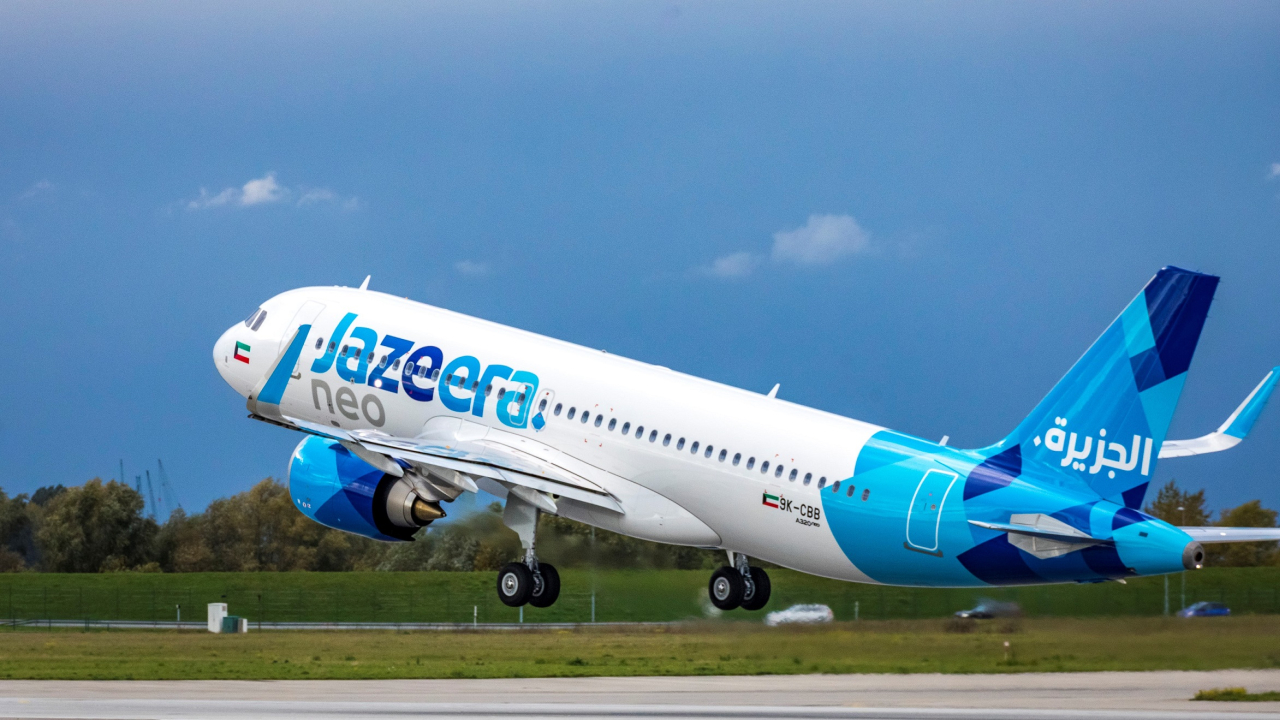GST Forum: Does Middle East want a space administration?
Does the Middle East really want a regional space administration? And if it does what form should it take? That was the subject of a discussion forum held on the first day of the Global Space Technology Forum in Abu Dhabi, although the conclusion was far from positive.

The session, chaired by Professor Sir Martin Sweeting,(pictured above) of Surrey Satellite Technology Limited (SSTL), heard from a number of interested parties including Dr Mohammed Argoun, the former director of the Egyptian Space Programme; Ahmed Al Mansoori of the Emirates Institution for Advanced Science and Technology EIAST; Martin Gee, chief technical officer for Abu Dhabi-based Yahsat and Dr Omar Al-Emam, space technology advisor for the Arab Science and Technology Foundation.
Sir Martin said that the development of space technology is best brought about by indigenous industries and that it takes a considerable amount of time to bring this about.
Countries really need to think about a 25-year plan,” he said. “On top of this an educational plan is also required.”
“Around the world there are many examples of regional space administrations that have not performed as well as people might have wished. Even ESA has taken 40 years to get where it is today and the founding idea was that its partners could cooperate on projects that no one nation could manage on its own.
“So what is the best model?” he asked. “What type of coordination and cooperation is going to give this region the best value, while avoiding duplication and competition?”
He said that his personal view was that a regional agency was not yet needed. “A coordinated council is probably better,” he said.
Professor Mohammed Argoun agreed and said that national space programmes must be in place and working well first. “We do have space programmes in this region that are active, but they are all based around small satellites. But what we don't have is extensive use of the data that those satellites are giving us,” he said.
“Our number one goal must be to make better use of that data. Our second goal must be to encourage joint ventures between the countries in the region. A training organisation for the whole region would be also be a good precursor to a regional space agency,” he said.
“Once we have all three we may have the necessary ingredients.”
Ahmed Al Mansoori director general of EIAST, agreed and said that a regional agency is “just a dream”.
“The main obstacle is that countries have different priorities,” he said. “ From our own experience in the UAE we had support from our government and the goal that the educational development would help us transfer to a knowledge-based economy.”
Martin Gee chief technical officer for Yahsat said that was needed is for each country to have a national strategy. “You need a national agency in each country first before you can look at a regional one,” he said.
When the question was put to the floor there was also little appetite for a a regional agency. Saleh Al Shidani of the Oman Astronomical Society said that a proposal for such a regional agency had been put to the League of Arab Countries more than 12 months ago, but nothing had come of it.
Other contributors were equally negative – on the basis of today's debate there will be no Middle East equivalent of ESA in the foreseeable future.
Stay up to date
Subscribe to the free Times Aerospace newsletter and receive the latest content every week. We'll never share your email address.

